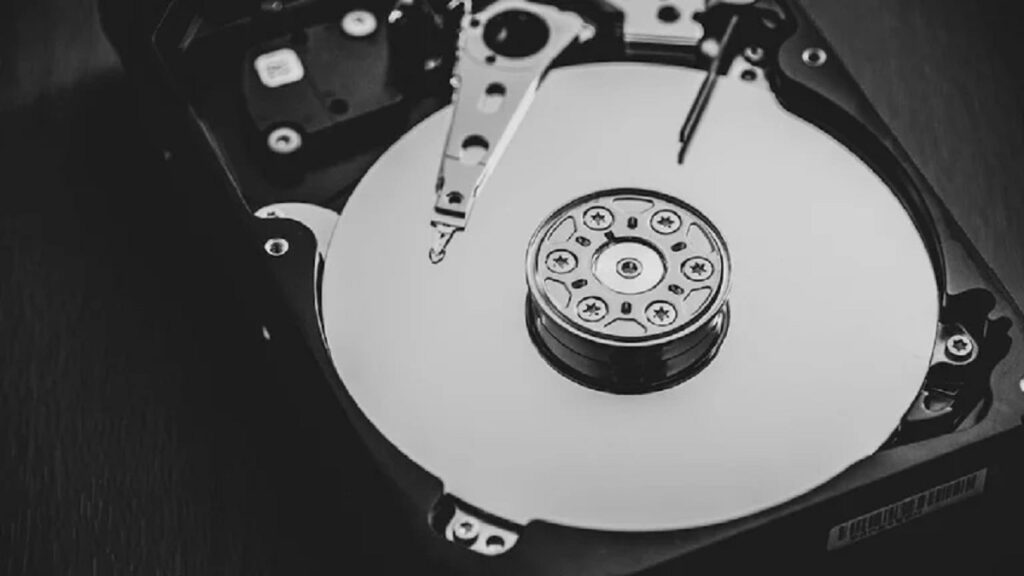We all love a good bargain, especially when it comes to tech gear. But as one unsuspecting shopper recently learned, not every deal is as good as it seems — especially when the price seems too good to be true.
A Tempting Deal on Storage Space
With everything from our family photos to work documents living in digital form these days, having enough storage has become a modern necessity. And while cloud services offer convenience, many people still prefer the security of physical backups like external hard drives or SSDs.
Now, solid-state drives (SSDs) are known for being faster, quieter, and more reliable than traditional hard disk drives (HDDs). But that performance comes at a price. A quality 2TB SSD can easily run upwards of €160, while a standard HDD of the same size usually sells for around €60.
So when one user on Reddit came across a 2TB SSD listed for just €10 on AliExpress, he thought he’d struck gold. And honestly, who wouldn’t be at least a little tempted?
What Could Possibly Go Wrong?
The buyer, posting under the name u/NooBGam3R007, decided to roll the dice and place the order. A few weeks later, the package arrived — but what he found inside was a far cry from the high-capacity drive he’d hoped for.
Instead of a sleek SSD, he was greeted by a makeshift plastic casing housing what looked suspiciously like an ordinary USB stick soldered to a tiny circuit board. A few fragile wires connected the components to a standard USB port. That was it — no spinning platters, no NAND memory chips, no sign of legitimate internal storage.
A Lesson in “If It Looks Too Good to Be True…”
This was more than a case of false advertising — it was a flat-out tech scam. The device had been designed to look like a high-end SSD, but under the hood, it was nothing more than a cleverly disguised USB drive with barely a fraction of the promised capacity.
And the worst part? We don’t even know if it worked at all. The Reddit post didn’t mention whether the device could even be recognized by a computer. It may have been formatted to falsely report 2TB of space, while actually offering just a few gigabytes — a classic trick in fake flash drive scams.
Scams Like These Are More Common Than You Think

Unfortunately, this kind of deception is far from rare on certain online marketplaces. Sellers slap legitimate-looking labels on products, list them at impossibly low prices, and count on unsuspecting customers to take the bait.
Experts constantly warn consumers to be skeptical of unusually cheap electronics, especially when buying from unknown sellers. In many cases, counterfeit items will appear functional at first — only to fail completely, potentially resulting in lost files, corrupted data, or worse.
How to Avoid Falling for Fake Tech Deals
If you’re in the market for external storage, here are a few smart shopping tips:
- Stick to reputable retailers: Avoid third-party vendors unless you’ve verified their history and reviews.
- Check the specifications carefully: If a drive’s performance claims don’t match its price tag, be cautious.
- Read product reviews — especially the negative ones. If others have been duped, they’ll likely speak up.
- Don’t trust overly vague descriptions or listings with poorly written details.
- Be wary of brandless products: Reliable storage usually comes with trusted names like Samsung, SanDisk, or Western Digital.
And most importantly, always remember the golden rule of tech shopping: If it sounds too good to be true, it probably is.
The Takeaway
For €10, this Reddit user didn’t get a high-performance SSD — he got a cheap reminder that some deals are better left alone. In today’s world of online shopping, it pays to double-check, read the fine print, and maybe spend a little more for peace of mind and reliable performance.
After all, when it comes to storing your memories, work, or game saves, it’s better to be safe than sorry.






